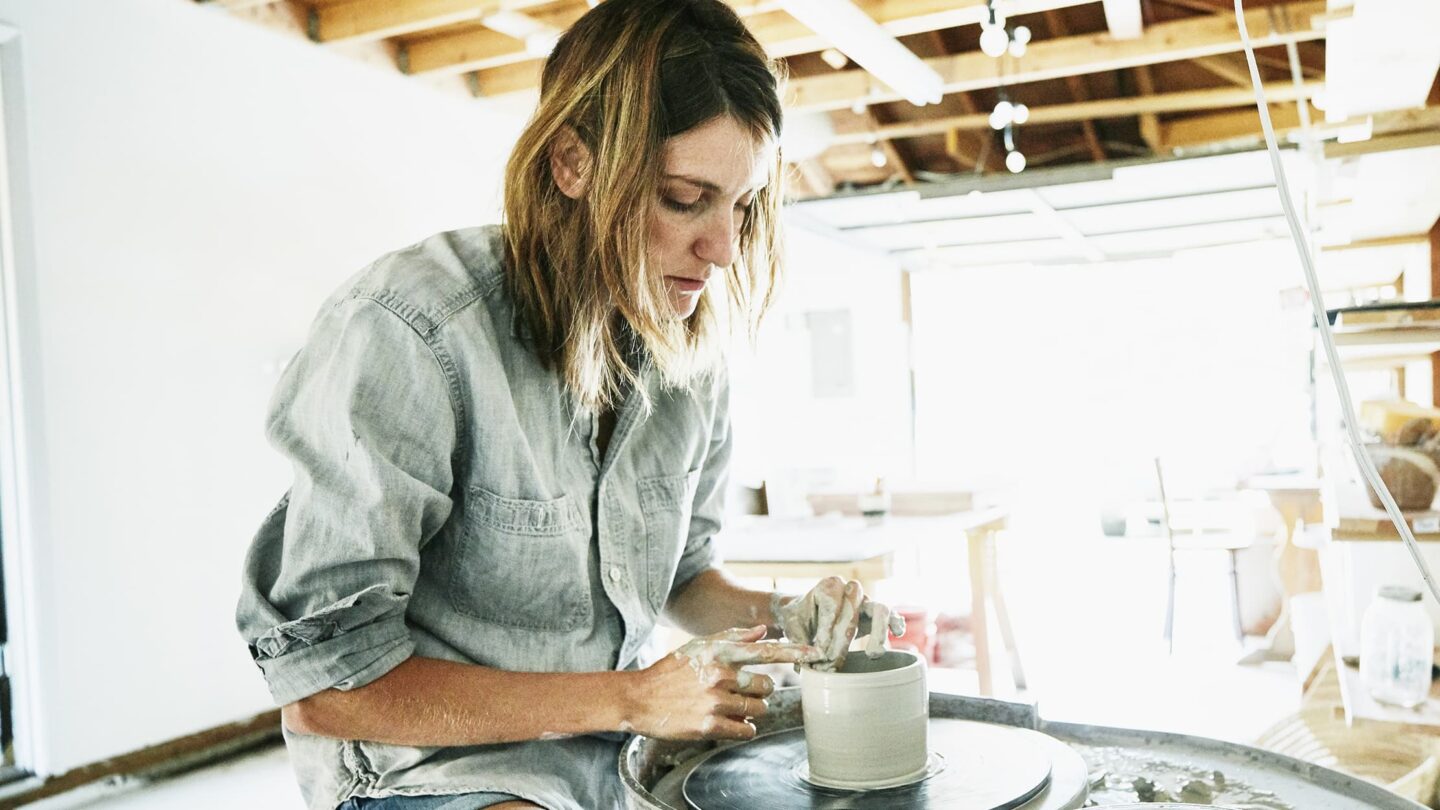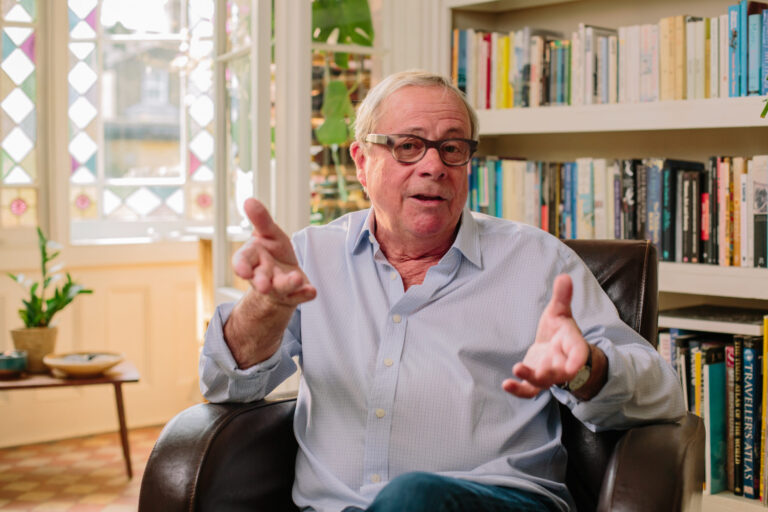Season 2: Unlocking productivity
The power of “performance wellbeing”

For over a decade, I’ve been working in the wellness industry as a coach and consultant. I also host a weekly self-development podcast where I speak to help high-performing individuals—business founders, Olympic athletes, psychologists, innovators and change makers—to improve their performance whilst maintaining physical and mental wellbeing.
What has become abundantly clear to me is that you can’t be “productive” if you are stressed, overwhelmed and exhausted. These factors impact your sleep, your mood, your ability to concentrate and, in turn, the overall quality of your work; as well as how you interact with members of your team, clients or customers.
So, it’s critical that our health and wellbeing is front and centre in any conversation around improving productivity.
Wellbeing leads to productivity
For me, it’s quite simple. Our personal health and wellbeing are more important than our most high-profile clients or that critically important deadline. Why? Because when we are well-rested, we eat well, take regular exercise, and have meaningful relationships—then we are mentally alert, physically energised and ready for whatever the day throws at us. It’s what I call “performance wellbeing”.
Performance wellbeing
The modern world demands a lot from us, it’s challenging, and it requires perseverance and stamina! And that’s before we get to all the interpersonal skills required to manage a happy and productive team. “Performance wellbeing” considers all aspects of our physical and mental health required to maintain “productivity”. Performance without wellbeing cannot be sustained.
The power of movement
Daily movement is absolutely key. When I was offered a place for the London marathon as a member of the Adidas running community, it was just 14 weeks away. I was coaching eight clients each week, writing blogs and articles, and I had a young son! I really wanted to take part but I needed to find the time to train. The solution? I got up an hour earlier each day. Sounds simple, but this was January and my son woke up at 6.30am, so that meant heading out at 5.30am!
I called it my “Power Hour” and, once it became a daily habit, it changed my entire life.
adrienne herbert
The beauty of taking that first hour of the day—before the world woke up and started making demands and competing for attention (emails, WhatsApp messages, errands, chores, work calls)—was that I got the one thing done before the day had really started. I didn’t need much, just that one hour.
What might change if you got up an hour earlier each day? How might you use that time? Would you read more, listen to podcasts, train, stretch, meditate, journal? Why not give it a go and see the impact that it could have for yourself.
Develop a positive mindset
Essentially, you’re empowering yourself to make a choice and take action. Your “power hour” is just one hour when you are doing something for you. And this impacts the day ahead. You’re starting with a positive mindset and you take that with you into your work or wherever you’re going.
Use positive language
Another aspect of performance wellbeing is the language we use each day. Your choice of words impacts your mood, your actions and your habits. If your response is that you’re tired, stressed, mega-busy, then declaring out loud that you are tired and stressed will affect your choices and your behaviour. You’ll always be “too tired” to do exercise and “too busy” to take time off. You become trapped in this narrative.
Imagine walking into the office after having done the school run or walked the dog. Your phone is pinging, the meetings are piling up, your shoulders are already creeping up toward your ears. As you enter the building, a colleague says, “Hello! How are you?” Your response will probably go something like this, “Can you believe it’s only 9am and I’m already stressed?!”
But if you pause and think about your answer, you might respond with something a little more positive. And if you can’t think of anything, why not ask them a positive question, such as, “What are you most looking forward to this week?” or “What are you working towards at the moment?”
Sustainable productivity
Prioritising our personal health and wellbeing creates a more sustainable approach to our productivity. We perform better over the long term. Our relationships improve (we’re less rushed and irritable!) and we can better cope with the more challenging aspects of our day. We’re fit and ready for whatever comes our way!




